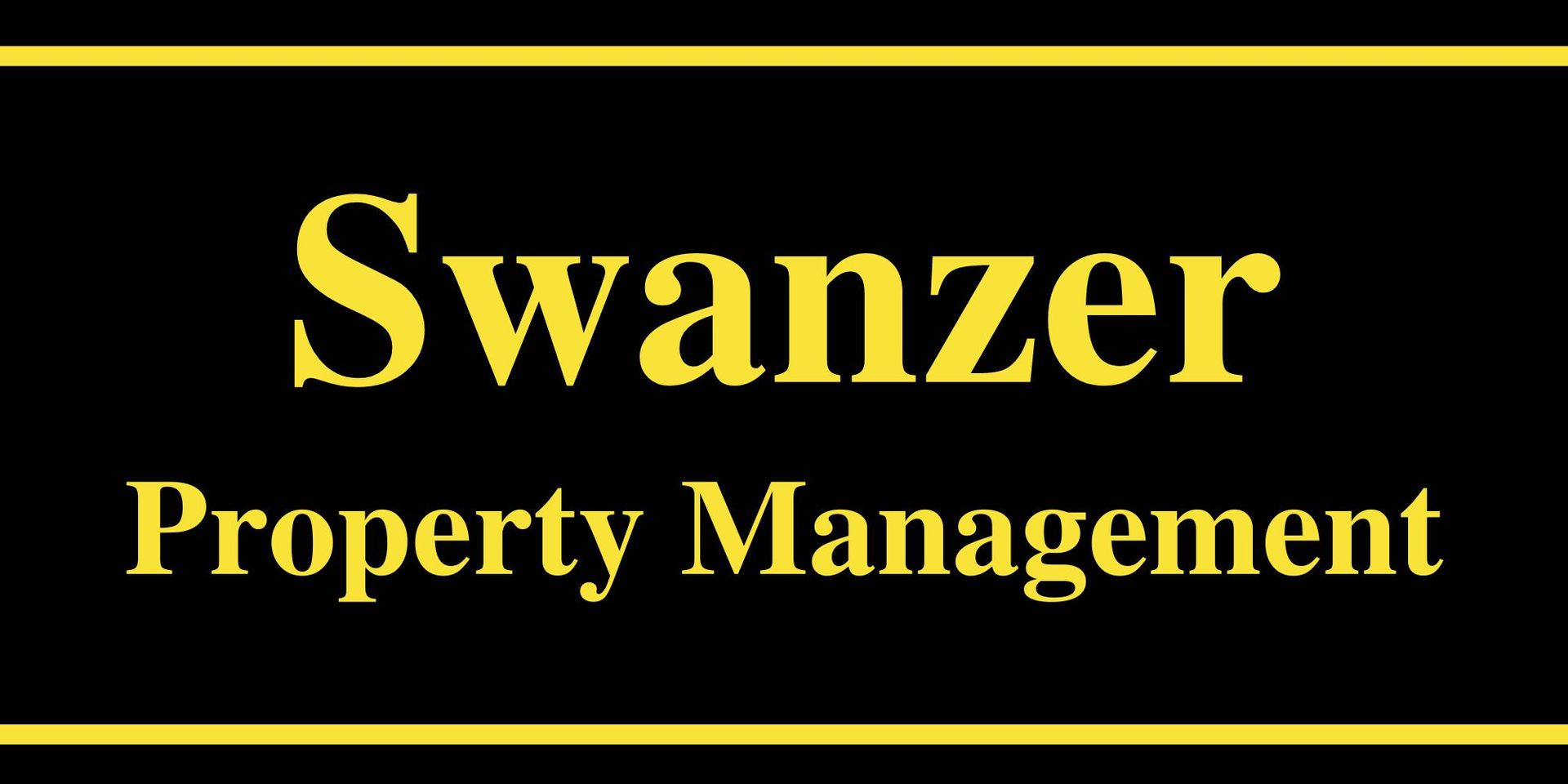Avoiding Rental Pitfalls
Essential Tips Every Property Owner Should Know
Becoming a property owner and stepping into the world of real estate rentals is a significant financial move that can bring forth a stable stream of passive income. However, the journey is fraught with challenges, and aspiring landlords need to tread cautiously to avoid the common pitfalls that could potentially derail their investment. In this comprehensive guide, we'll unearth the essential tips every property owner should understand to ensure a smooth and profitable rental business endeavor.
Introduction to Rental Property Ownership
Embarking on a journey as a property owner is an exciting prospect that comes with a mixture of opportunity and responsibility. As a landlord, you are providing a service—housing; you need to balance the demands of upkeep and management while securing your investment. Owning a rental property can offer constructive financial opportunities, including:
- Regular rental income
- Property value appreciation
- Tax deductions and benefits
Despite these advantages, the landscape of property rental is complex, and awareness of potential pitfalls is vital to your success.
Understanding the Market
One of the first and most crucial steps in rental property ownership is understanding the real estate market. Grasping the nuances of your local market, such as average rent prices, tenant demographics, and market trends, is fundamental to setting competitive rates and attracting desirable tenants. Here’s what you need to do:
- Conduct thorough research on the local real estate market
- Stay updated on real estate trends and forecasts
- Price your rental competitively based on market analysis
Securing the Right Property
In real estate, the adage 'location, location, location' couldn't be more pertinent. The locality of your rental will have a substantial impact on the type of tenants you attract and your vacancy rates. Consider the following when choosing your property:
- Proximity to amenities, transport links, and employment hubs
- Safety and crime rates of the neighborhood
- Demand for rentals in the area
Financial Management
A detailed financial strategy is central to successfully managing rental properties. Anticipate all costs associated with purchasing and maintaining rental properties, including mortgage payments, insurance, taxes, maintenance, and unexpected repairs. Keep in mind to:
- Establish a clear budget and stick to it
- Set aside a contingency fund for unexpected expenditures
- Use accounting software or hire a property accountant for meticulous record-keeping
Finding and Vetting Tenants
Choosing the right tenants is crucial for rental success. A responsible and trustworthy tenant can mitigate many potential problems down the line. Implement a thorough screening process to identify suitable tenants. This process should include:
- Credit checks
- Employment verification
- Previous landlord references
- Background checks
Effective tenant screening can help ensure reliable income flow and reduce the occurrence of evictions and property damage.
Legally Sound Leasing Agreements
A well-constructed lease agreement serves as the safeguard of your rights as a property owner. The contract should be comprehensive and clear, detailing all terms of tenancy, including rent, security deposit, maintenance responsibilities, and rules of conduct. Tips for a solid lease agreement include:
- Consult with a real estate attorney to ensure your lease is legally sound and adheres to local laws
- Clearly outline the procedures for rent payment, late fees, and penalties for breaking the lease
- Properly document the condition of the property at move-in and move-out to protect against future disputes
Maintenance and Repairs
Timely maintenance and responsive repair services can significantly influence tenant satisfaction and the longevity of your property. Be proactive rather than reactive with maintenance, adhering to a schedule that includes:
- Regular inspections of the property’s critical systems
- Prompt response to tenants’ repair requests
- Upkeep of the property’s exterior and common areas
By maintaining the functionality and aesthetics of your property, you can justify competitive rent prices and attract quality tenants.
Understanding Landlord-Tenant Laws
Landlord-tenant laws are designed to protect both parties in the rental agreement. It’s critical to have a profound understanding of these laws to avoid legal trouble, including:
- Security deposit limits and return policies
- Tenant rights to privacy
- Eviction procedures and tenants' rights during the eviction process
Staying compliant with these laws will prevent costly legal battles and foster a respectful relationship with your tenants.
Effective Communication
Open and effective communication is a key component of managing successful rental properties. Establishing a professional relationship with your tenants begins with communication. Make sure to:
- Keep lines of communication open with tenants
- Address concerns and disputes calmly and promptly
- Provide clear instructions for reporting maintenance issues
Transparent communication can lead to quick resolutions of issues and enhance the landlord-tenant relationship, fostering goodwill and potentially leading to longer tenant stays.
Property Management Options
For some property owners, self-management is a viable and rewarding option, providing full control over their investment. Yet, it can be time-consuming and challenging. If you are unable or unwilling to manage the day-to-day responsibilities, hiring a property management company could be beneficial. They can handle:
- Tenant screening and leasing
- Maintenance and repairs
- Handling tenant complaints and legal issues
While this comes with a fee, usually a percentage of the monthly rent, it can save you time and stress in the long run.
Constant Learning and Adaptation
The real estate rental market is continually evolving. Successful property owners are those who adapt to changes in the market, law, and tenant preferences. To stay ahead:
- Network with other real estate professionals
- Attend seminars, workshops, and training sessions
- Read up on current real estate publications and resources
Being an informed and adaptable landlord can lead to better decision-making and increased profitability.
Conclusion
Maneuvering through the rental property business is no small feat. While the potential for a stable income and property appreciation exists, the path is laden with obstacles that can catch the unwary landlord off guard. By following these essential tips – understanding the market, managing finances, vetting tenants, and staying informed – you position yourself to avoid many of the common pitfalls and pave the way for a profitable rental property journey. Remember, success in real estate doesn't just come from owning property; it comes from managing it wisely.



